Labor Day is approaching, and this not-so-young man's thoughts have turned to working, especially working with words, which is what most of us do for a living.
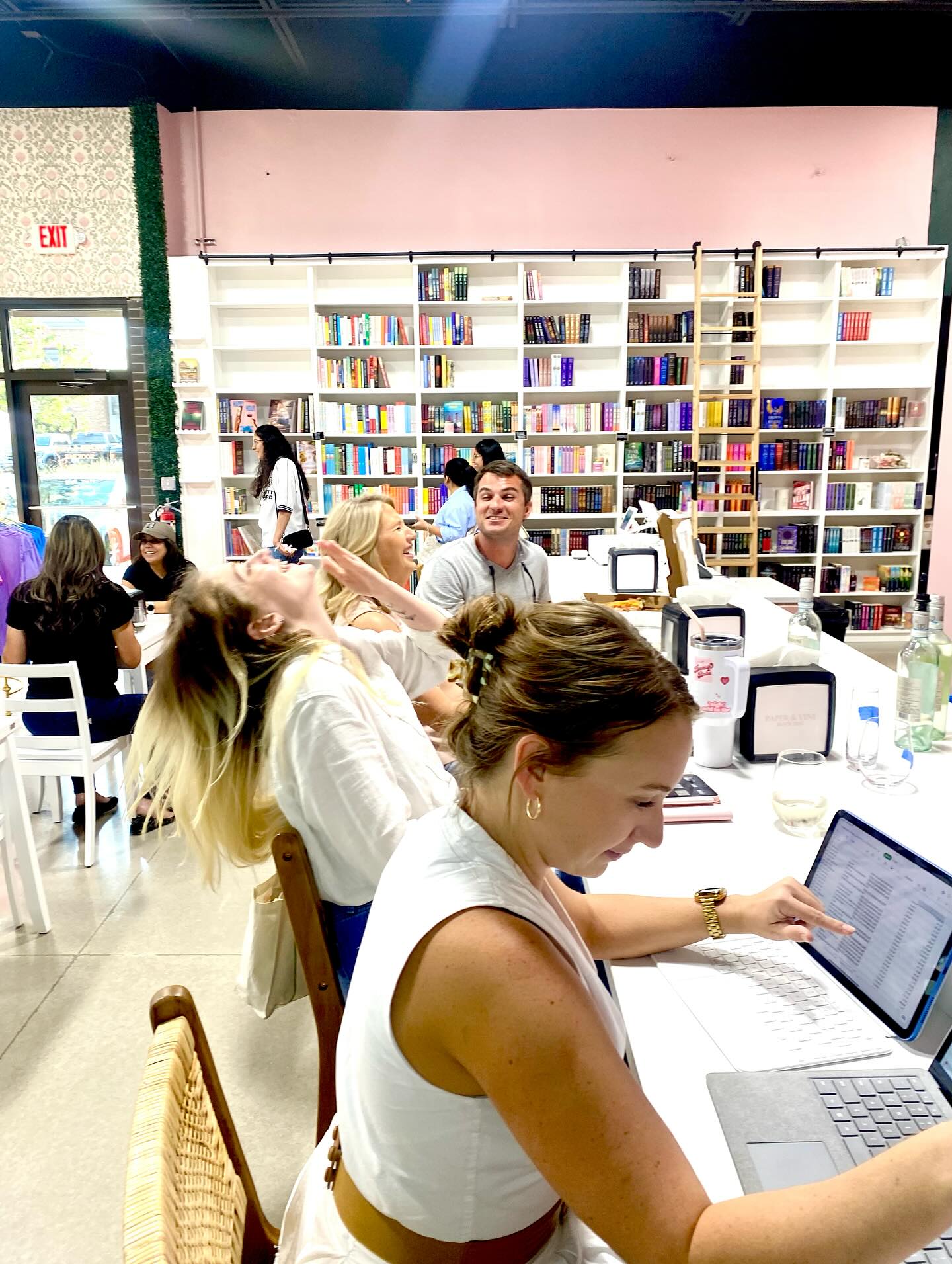 |
| At Paper & Vine Book Bar |
What prompted these thoughts? Well, first of all some fun social media posts from indie booksellers in Texas: Talking Animals Books in Grapevine ("The baby doll a customer left a month ago who now has to work the front desk to advertise the Kickstarter for our NEW location.") and Paper & Vine Book Bar, in Midland ("More like Paper & VIBE! Pull up a chair and come hang out with us! We're always having a good time."). Must be a few remote workers in that crowd. And this from Bookverse in Nepal ("Monday motivations when you work at a Bookstore. I mean it's an accident right?").
I felt good. Bookstores are fun. But they are also workplaces, so killjoy that I am, I found another "working" prompt in Kit Eaton's Inc. magazine piece on workplace buzzwords, headlined "How to Fight Clock Botching, the Latest Threat to Productivity."
Because I'm a word person, it's only natural that I'd be fascinated by word salad in the modern workplace, where "it can sometimes feel like you're wading through buzzy terms describing the latest trend afflicting your staff, from coffee badging [all italics are mine] to quiet cracking, to Gen-Z's unbossing and even ghostworking," Eaton writes. "Now there's clock botching," which is "similar to presenteeism" as "a person is physically present at their job, but mentally they're totally checked out." Just yesterday, Fast Company told me about job hugging. Can you clock botch and job hug simultaneously?
 I also fed the flames of my pre-Labor Day discontent while watching Love Nonetheless, a Japanese film that sounds like a rom-com but is kinda not a rom-com. The protagonist owns a bookshop, but never seems to do much work there. He sits behind a desk at the back of the shop and reads. He's not even clock-botching. How does he pay the rent? This is really not what I should be thinking about while watching a kinda rom-com.
I also fed the flames of my pre-Labor Day discontent while watching Love Nonetheless, a Japanese film that sounds like a rom-com but is kinda not a rom-com. The protagonist owns a bookshop, but never seems to do much work there. He sits behind a desk at the back of the shop and reads. He's not even clock-botching. How does he pay the rent? This is really not what I should be thinking about while watching a kinda rom-com.
Then I stumbled across William Harris Arnold's piece in the August 1919 issue of the Atlantic magazine, where he observed: "While there are some men of high character and ability in the business, it is nevertheless true that it is very largely in the hands of men who lack enterprise and initiative; for in its present state bookselling is not sufficiently attractive to draw to it men with the adequate ability and character to carry it on in a spirit worthy of such a business." I don't think that's true now, but I'll confess to moments of doubt, which were enhanced by the movie bookseller.
Fortunately, I was saved by words: "For the many bibliophiles who dream of ditching their day jobs to open a bookshop, it is easy to see the appeal. Surrounded by stories, fueled by conversation, and embedded in their local communities, bookshops offer something hard to find in a spreadsheet or Slack thread," Anna Bonet wrote in a profile of some U.K. booksellers for the iPaper.
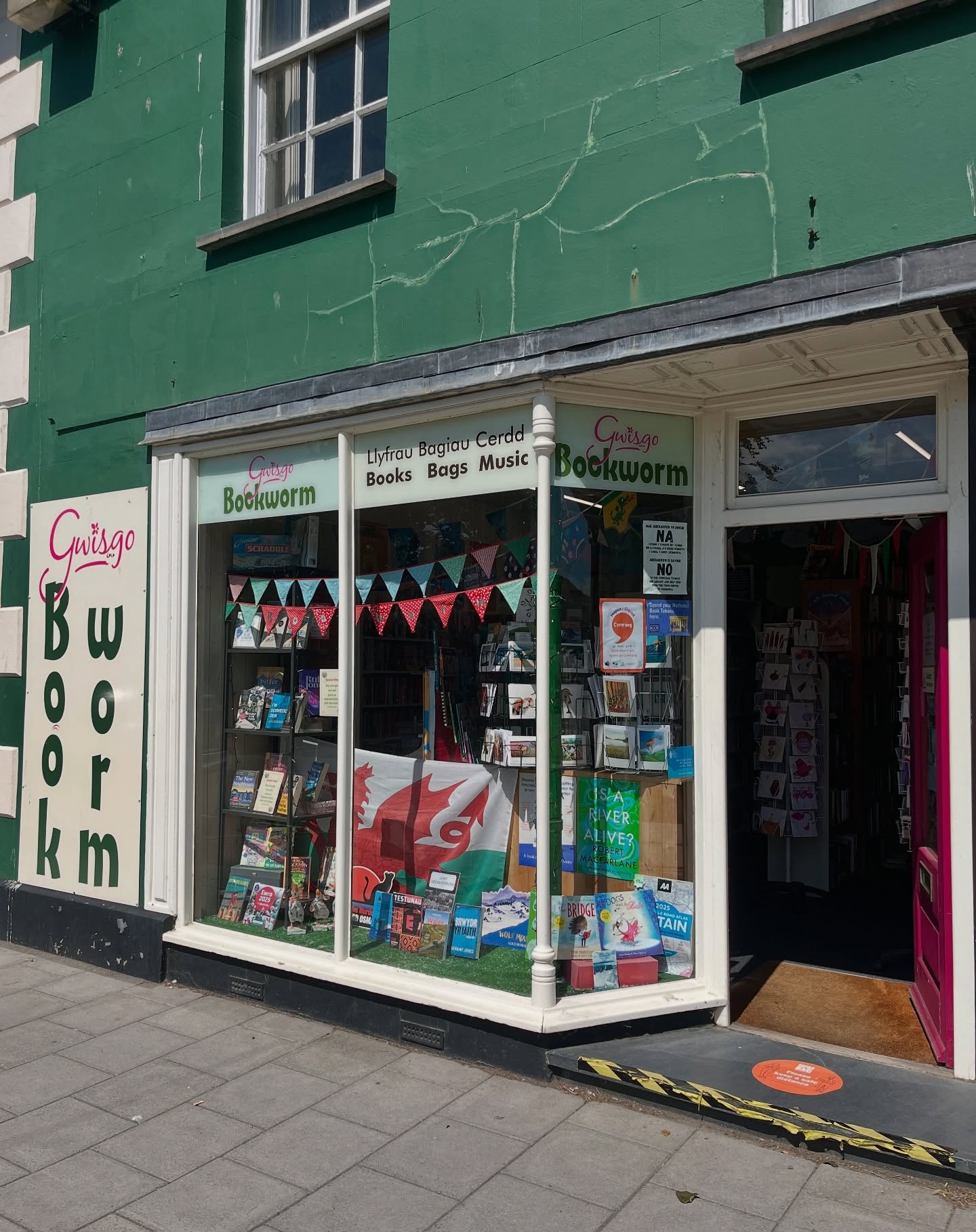 I was particularly taken by Bonet's story about Karen and Niki Brewer, who in 2017 swapped their life as rural dairy farmers to open Gwisgo Bookworm in the Welsh seaside town of Aberaeron.
I was particularly taken by Bonet's story about Karen and Niki Brewer, who in 2017 swapped their life as rural dairy farmers to open Gwisgo Bookworm in the Welsh seaside town of Aberaeron.
"Our lives could not be more different now," said Niki Brewer. "On the farm, we were very isolated, with no real neighbors, and it was unbelievably hard work. Livestock farming is so physical--it can really break your body--so at some point we decided that we would stop milking by the age of 50."
Having met in agricultural college in the early 1980s, farming was what they knew, until they discovered that a second-hand bookshop in a nearby town was for sale, "and having a home filled with more books than shelves, something just clicked. They sold the farm and moved into a terraced house a four-minute walk from the shop, and gradually transformed the business, adding new releases, events and a vinyl section," Bonet wrote.
The owners are both now in their 60s, and they approach the work of bookselling with a slightly different mindset, if for no other reason than, as they say, a box of books isn't as heavy as a bag of fertilizer.
"It's still work," Karen Brewer said, "but it's not 4 a.m. in the rain with an escaped cow. No one phones in the middle of the night to say your books are out roaming free on the road, which is nice."
Bonet writes that farming actually "prepared them for bookselling in unexpected ways. For one, it gave them plenty of resilience and problem-solving skills.... The caring aspect also feels similar, albeit now directed at customers rather than livestock."
"We knew our cows by name," Niki Brewer said. "We talked to them while we were milking. We could recognize them from across a field. That attention and care is in our nature, and it has carried over to the shop."
Karen Brewer added: "Also, like farming, no two days are the same. Sometimes you will be run off your feet all day, and other days you will only see two or three people. Anyone who wants to go into bookselling should be warned: don't do it for money."
Thanks, Karen and Niki. Now I feel much better about Labor Day... and working with words.
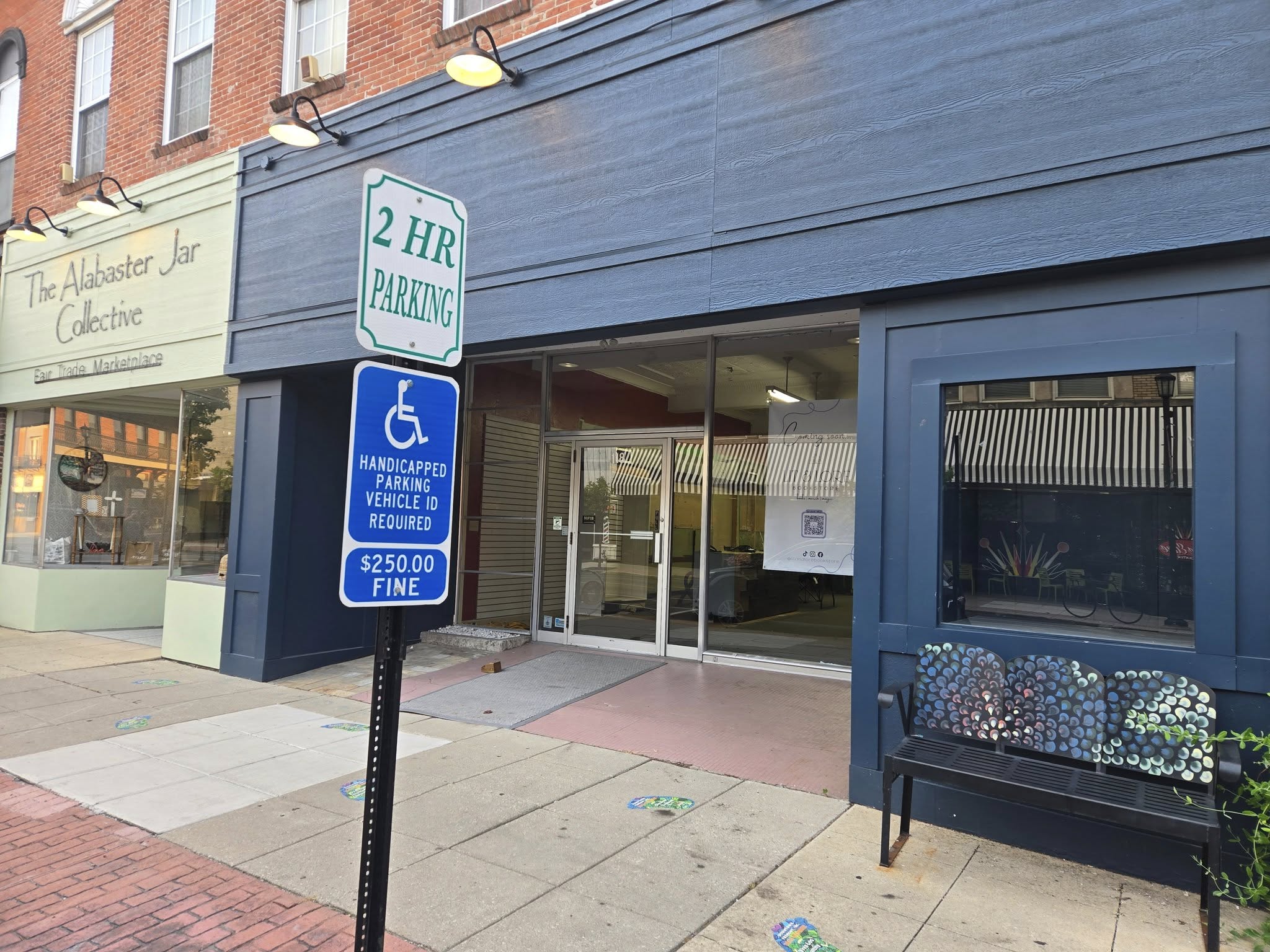







SHELFAWARENESS.1222.T1.BESTADSWEBINAR.gif)
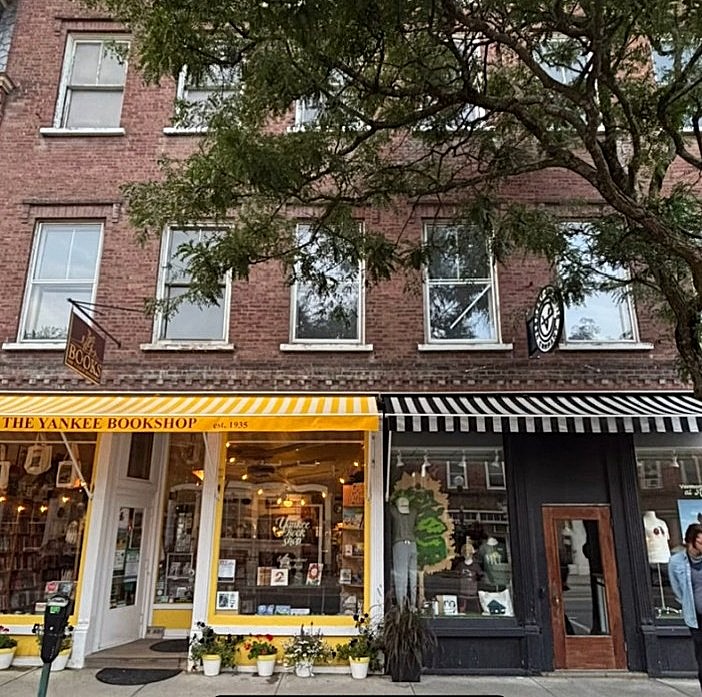
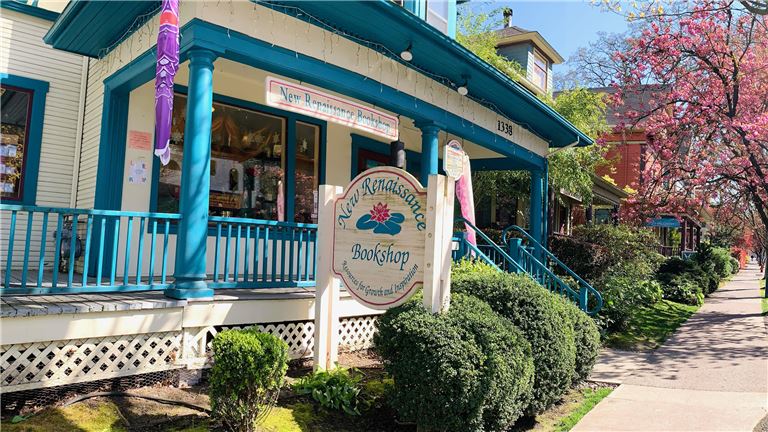
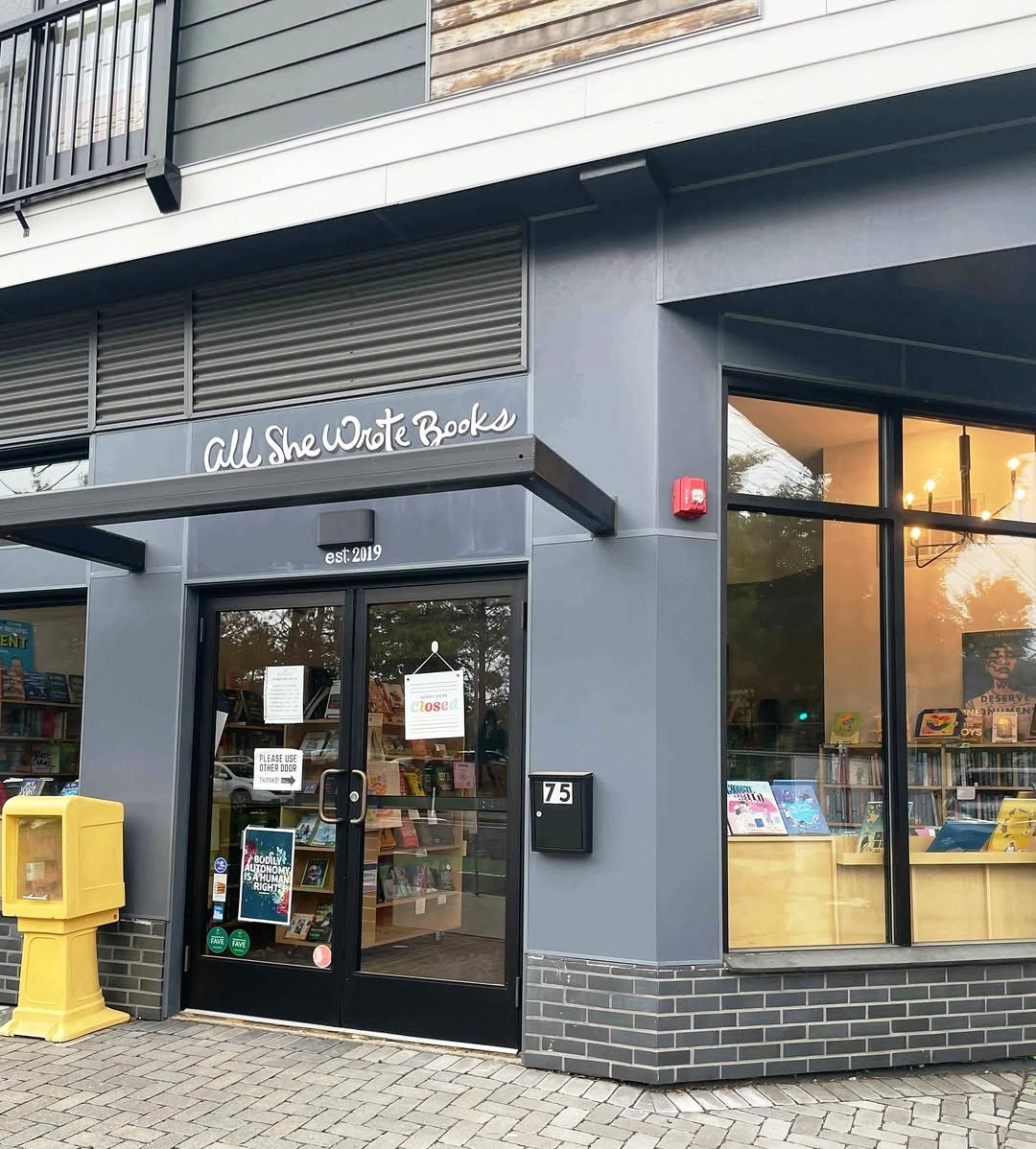 In an
In an 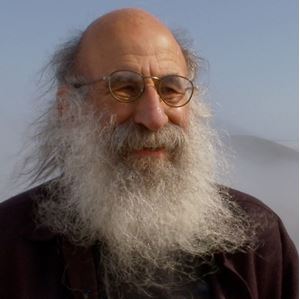
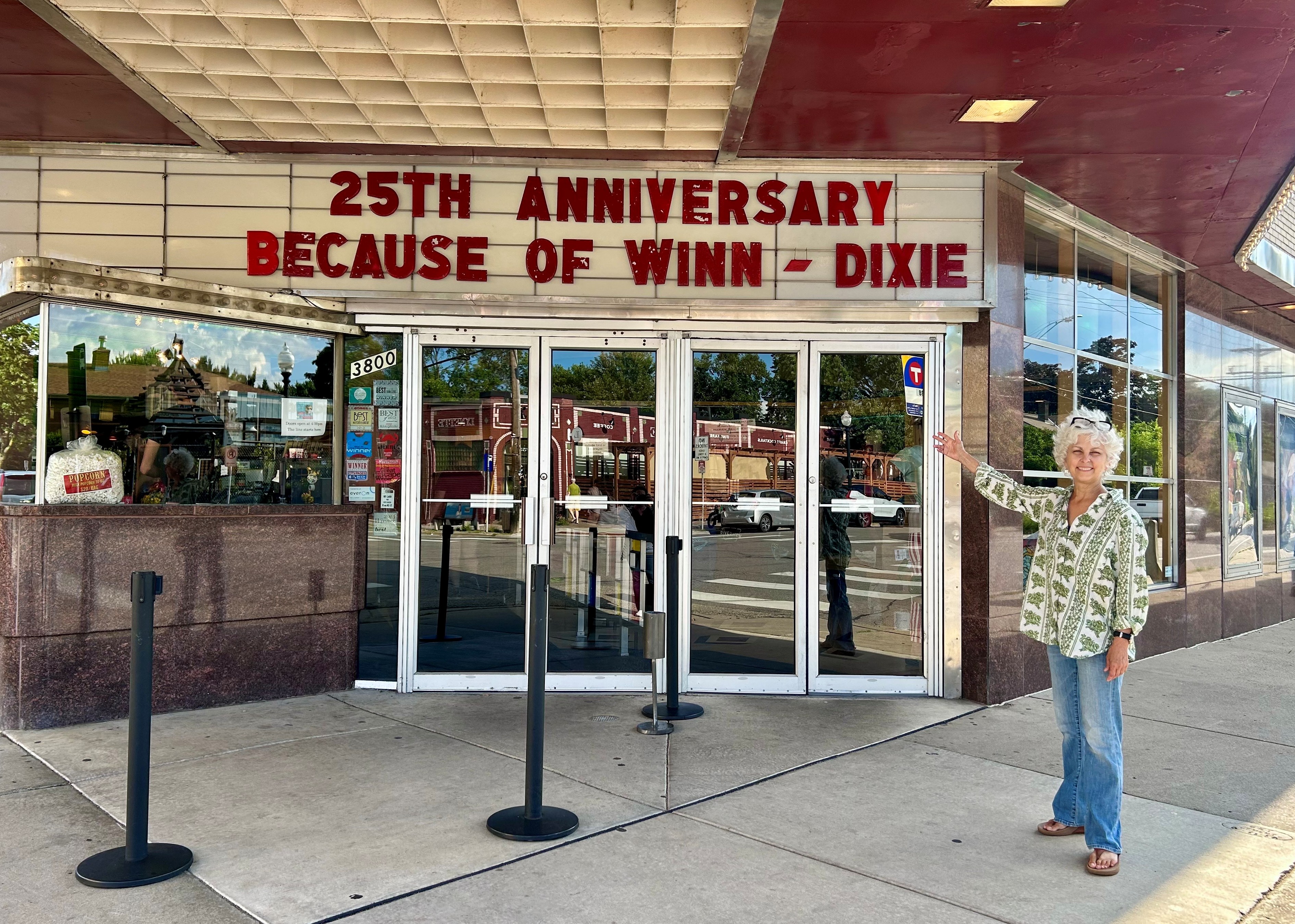 On August 19, Kate DiCamillo kicked off the 25th anniversary celebration of her beloved novel Because of Winn-Dixie with a sold-out film screening and signing for several hundred fans. The event took place at Minneapolis's Riverview Theatre--the same site as the Twin Cities film premiere two decades ago--and was hosted by
On August 19, Kate DiCamillo kicked off the 25th anniversary celebration of her beloved novel Because of Winn-Dixie with a sold-out film screening and signing for several hundred fans. The event took place at Minneapolis's Riverview Theatre--the same site as the Twin Cities film premiere two decades ago--and was hosted by 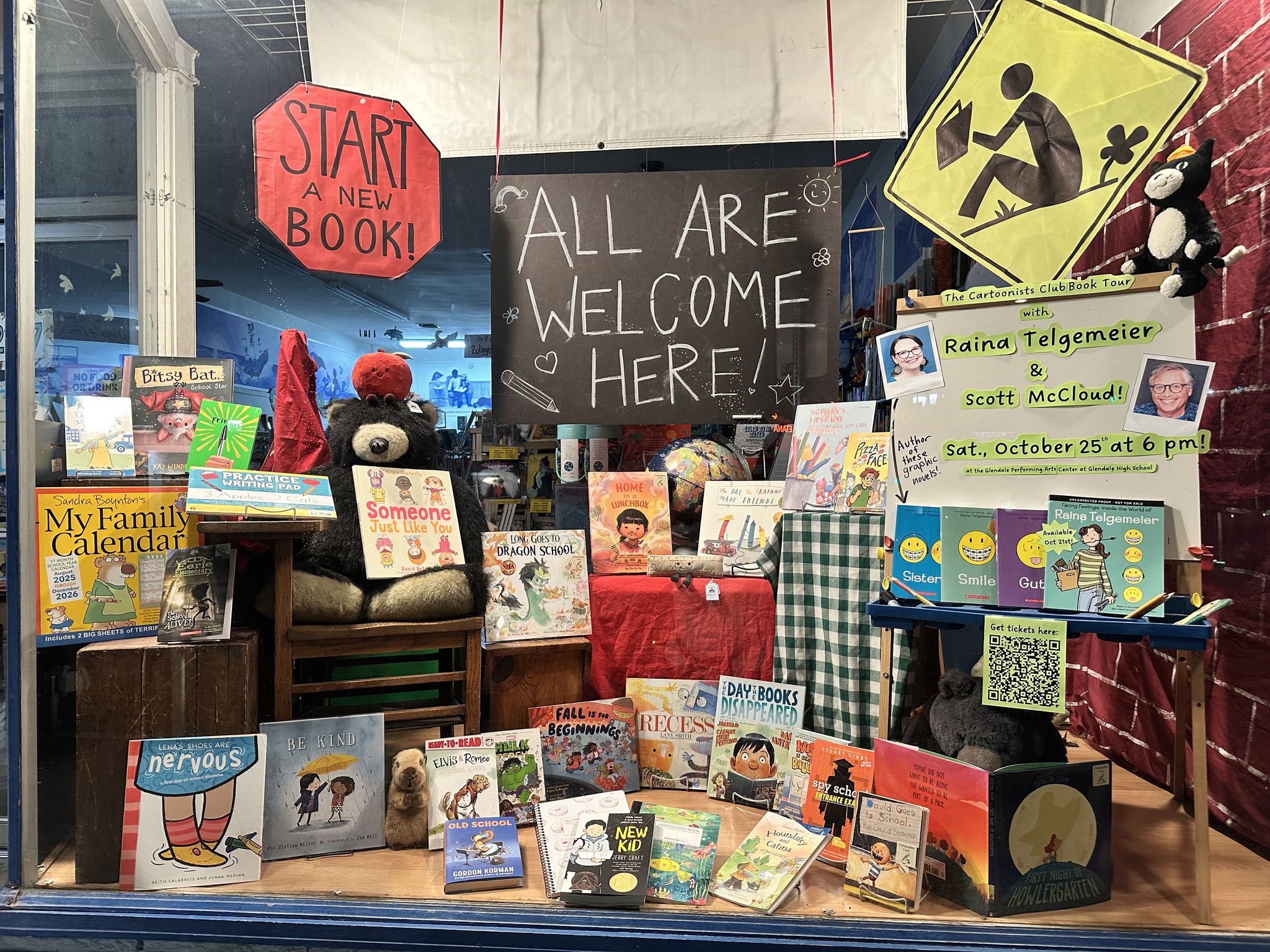 "
"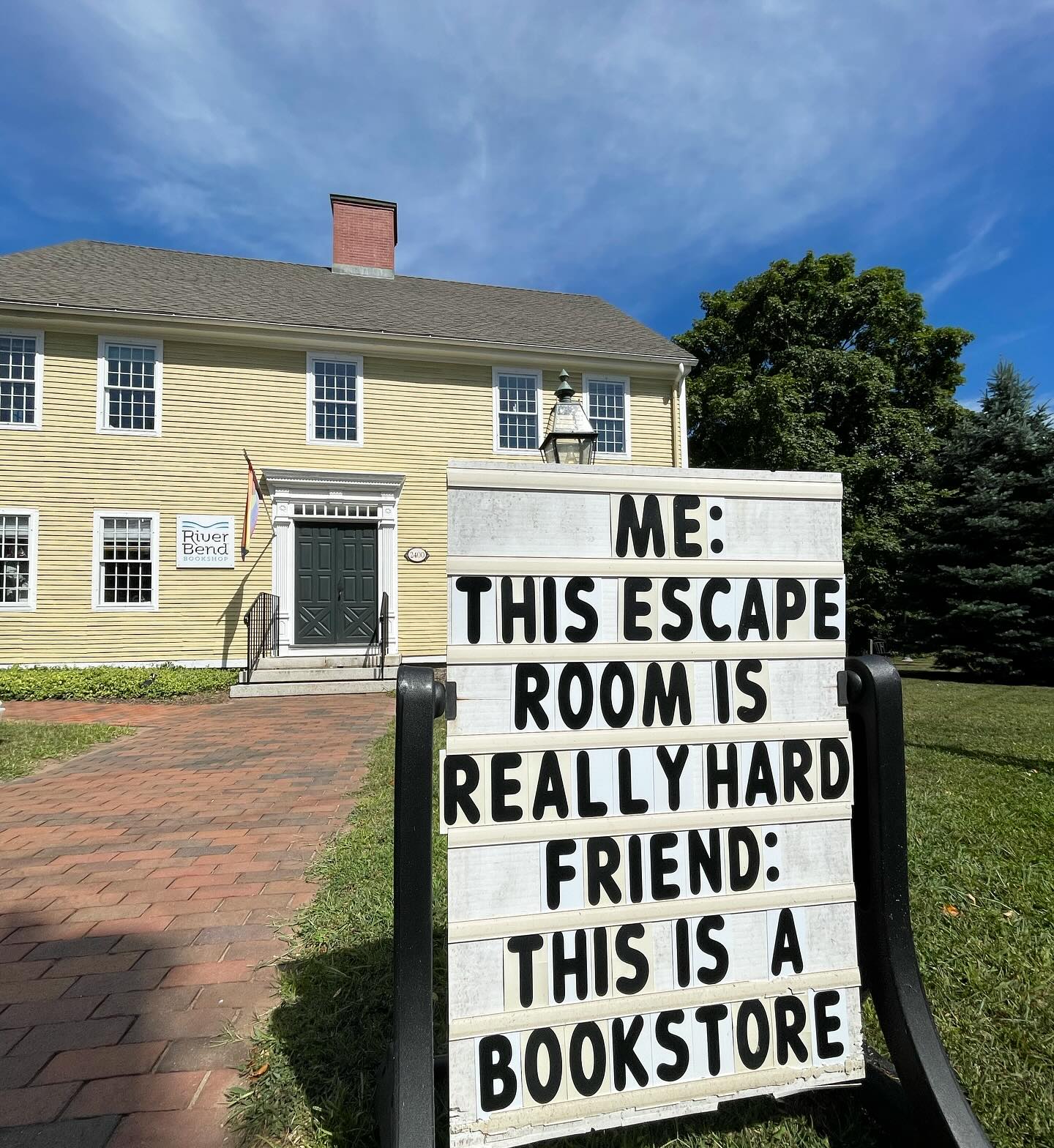 "
"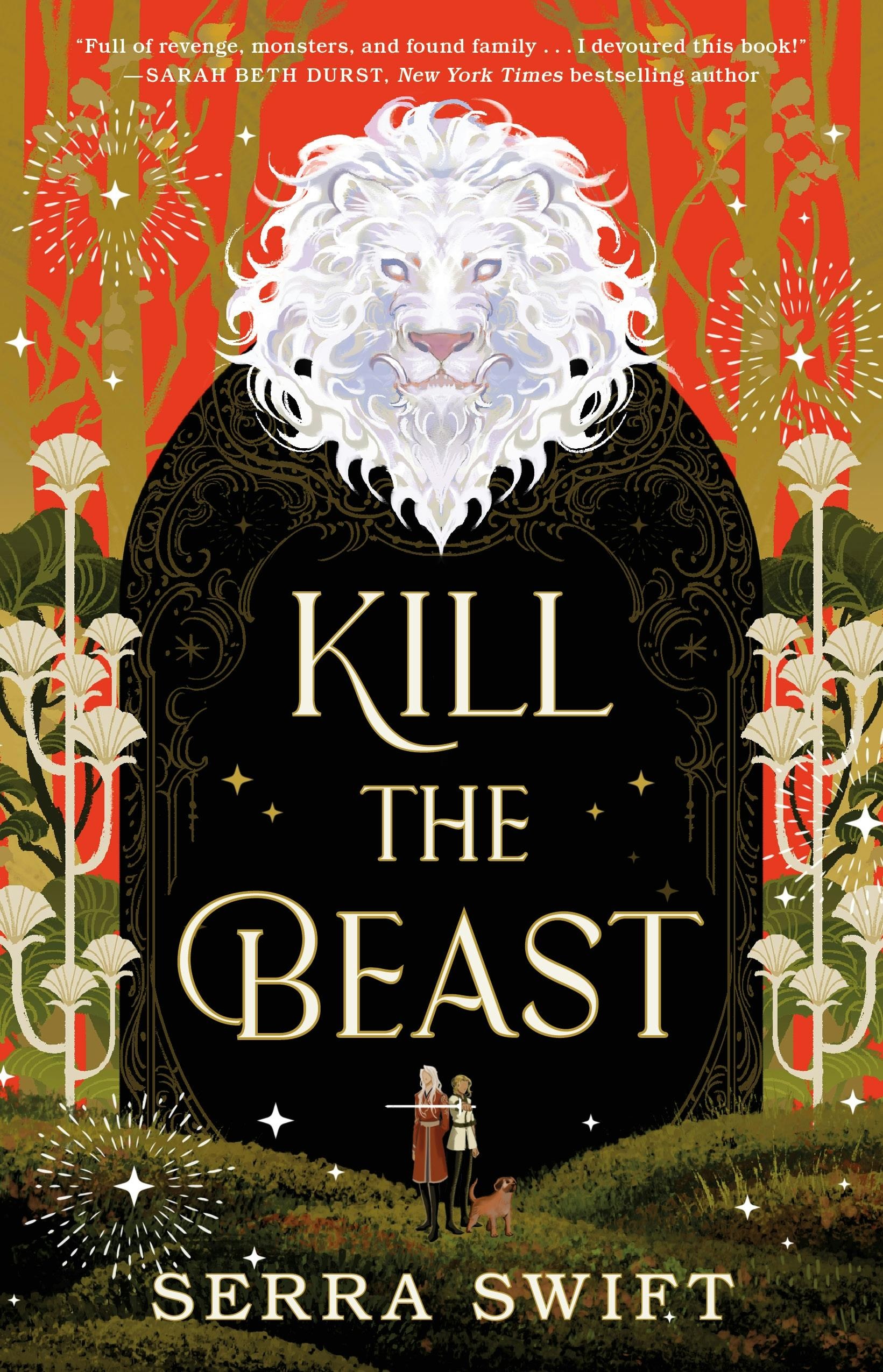 A battle-hardened young woman bent on revenge teams up with a foppish young nobleman to take down the faerie-made creature that destroyed her life in Serra Swift's adventurous and warmhearted first novel, Kill the Beast.
A battle-hardened young woman bent on revenge teams up with a foppish young nobleman to take down the faerie-made creature that destroyed her life in Serra Swift's adventurous and warmhearted first novel, Kill the Beast.

 I also fed the flames of my pre-Labor Day discontent while watching
I also fed the flames of my pre-Labor Day discontent while watching  I was particularly taken by Bonet's story about
I was particularly taken by Bonet's story about